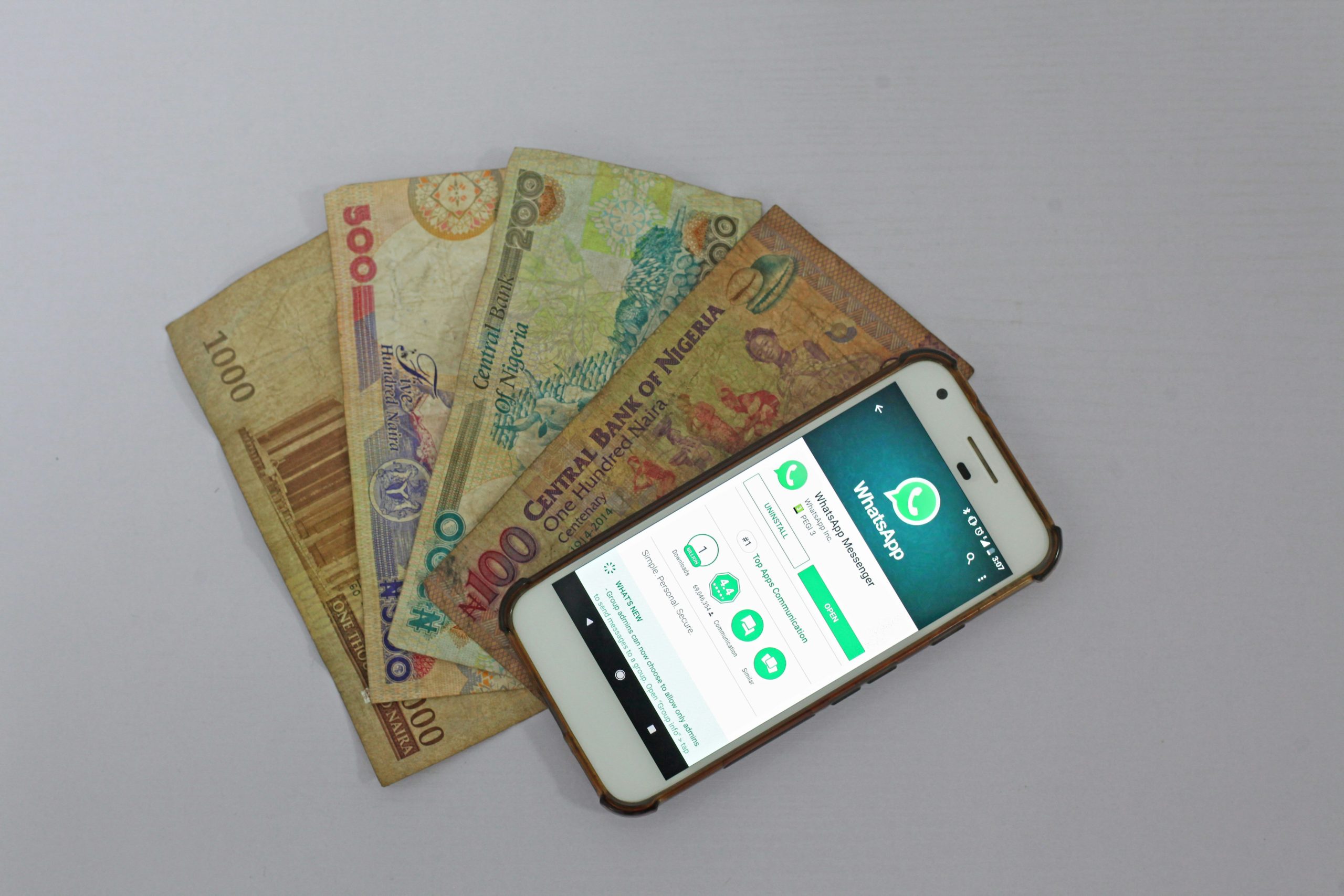In Nigeria, the telecommunications sector experienced a significant downturn in Foreign Direct Investments (FDIs) in 2023, with capital importation plummeting by 70.5% compared to the previous year.
According to the latest data from the National Bureau of Statistics (NBS), FDIs in the telecom sector amounted to $134.75 million in 2023, a stark decrease from $456.83 million in 2022.
Quarterly analysis reveals a consistent downward trend, with the first quarter of 2023 witnessing a decrease to $22.05 million from $57.79 million in the same period of 2022. Similarly, the fourth quarter of 2023 saw a decline to $22.84 million from $168.27 million in 2022.
The decline in FDI poses a threat to Nigeria’s broadband ambitions, particularly amid the implementation of the Nigeria National Broadband Plan (NBP 2020-2025), which aims for 70% broadband penetration by 2025. Industry experts estimate a need for $3.4 billion in investments in fibre infrastructure to achieve this goal.
Multiple factors contribute to the declining trend, including issues of multiple taxation and instability in the foreign exchange market, making Nigeria less attractive to foreign investors.
To counteract this trend, the Federal Government of Nigeria has initiated a strategic collaboration with the World Bank to secure $3 billion in financing to expand Nigeria’s broadband infrastructure. This partnership aims to add 120,000km of fibre optic cables, significantly boosting broadband connectivity nationwide.
Dr. Bosun Tijani, the Minister of Communications, Innovations, and Digital Economy, expressed optimism regarding the mobilisation of funds within the next two to three years. He emphasised the involvement of the private sector in the project, which is expected to be completed within three years.
This initiative underscores Nigeria’s commitment to enhancing its digital infrastructure and promoting greater digital inclusion, laying the groundwork for a thriving digital economy accessible to all Nigerians.


